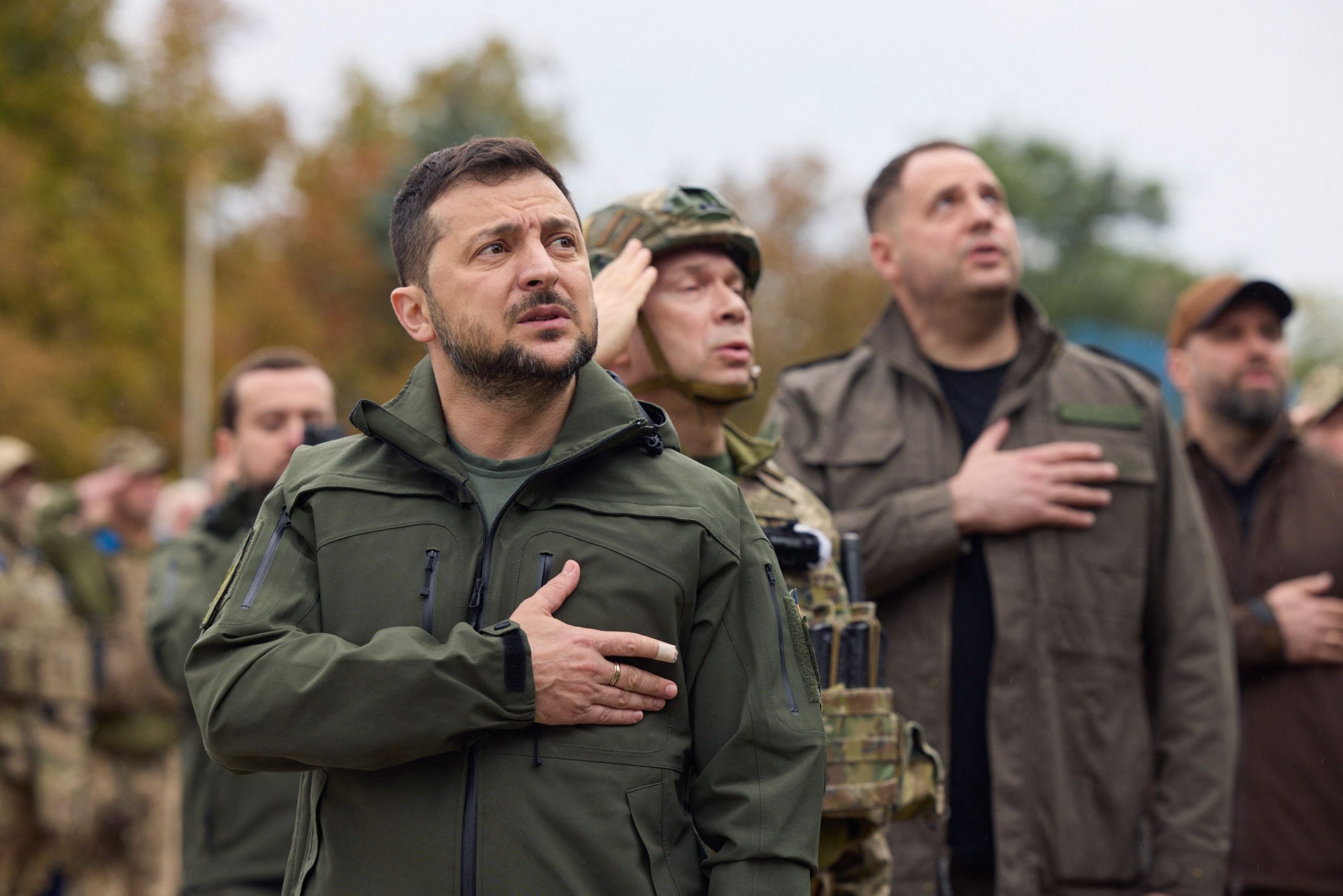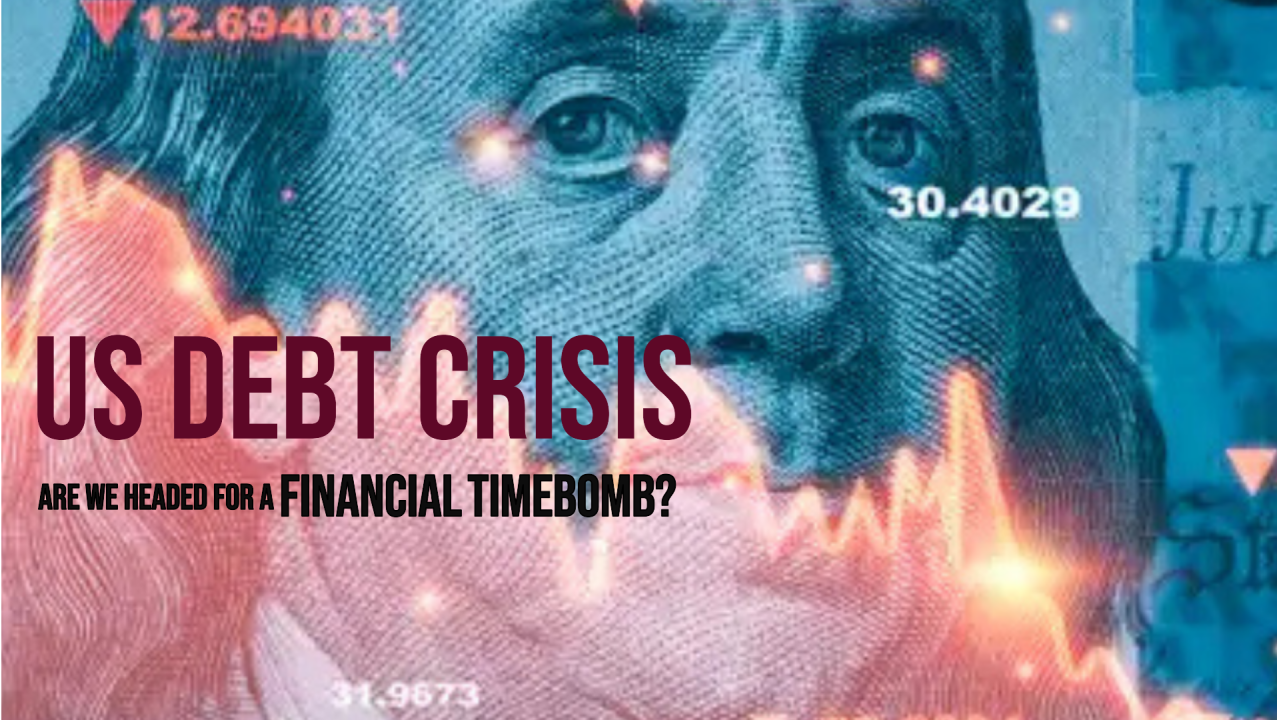Trump's Influence: Zelensky's Agreement To Negotiate With Russia

Table of Contents
Trump's Public Statements and Their Potential Impact
Trump's public pronouncements regarding Ukraine, Russia, and Zelenskyy himself have been a subject of intense scrutiny. His rhetoric, both before and after the invasion of Ukraine, has raised questions about his commitment to supporting Ukraine against Russian aggression. This section analyzes the potential impact of these statements on Zelenskyy’s perception of US support and the broader geopolitical landscape.
- Examples of Pro-Putin/Anti-Ukraine Rhetoric: Numerous instances exist where Trump publicly praised Vladimir Putin, downplayed Russian aggression, and criticized NATO and Ukrainian actions. These statements, widely reported in international media, potentially undermined Zelenskyy's confidence in unwavering US support.
- Impact on Zelenskyy's Perception of US Support: Such comments could have signaled to Zelenskyy a less reliable US commitment to Ukrainian defense, potentially influencing his calculation of the risks and benefits associated with prolonged conflict versus negotiation. The perception of wavering support from a key ally might have pushed Zelenskyy toward considering negotiations as a more viable option.
- Emboldening Russia: Trump's rhetoric may have inadvertently emboldened Russia by signaling a potential lack of unified Western resolve, creating an environment where Russia might feel more confident in its military objectives and less pressured to negotiate favorably. Keywords: Trump's rhetoric, Putin support, Ukraine criticism, Zelenskyy's response, US foreign policy.
Trump's Business Interests and Potential Conflicts of Interest
Analyzing Trump's influence requires examining potential conflicts of interest stemming from his extensive business dealings. This section explores the possibility that his business relationships could have shaped his political stances and influenced his public statements regarding the Ukraine conflict.
- Past Business Dealings with Russia: Trump's past business ventures involving Russian entities have been a subject of considerable controversy and investigation. These relationships, if not fully transparent, could create a perceived bias in his approach to the Ukraine-Russia conflict.
- Influence on Political Positions: The possibility of financial entanglements with Russian interests could have subtly (or overtly) influenced Trump’s public statements, potentially leading to a softer stance on Russia’s actions in Ukraine than might otherwise be expected from a US president.
- Perceived Bias and Its Implications: Even if no direct evidence of quid pro quo exists, the perception of bias stemming from past business relationships could erode trust in Trump's pronouncements and undermine his ability to effectively pressure Russia. Keywords: Trump's business dealings, Russia connections, conflict of interest, Ukraine negotiations.
Alternative Explanations for Zelenskyy's Negotiation Stance
Attributing Zelenskyy's consideration of negotiations solely to Trump's influence would be an oversimplification. Several other factors likely contributed to his decision. This section explores alternative explanations, emphasizing the multifaceted nature of the situation.
- Military Realities on the Ground: The evolving military situation on the ground, including battlefield losses and resource constraints, could have significantly influenced Zelenskyy's strategic calculus. A realistic assessment of military capabilities and the potential costs of continued conflict might have made negotiation seem more palatable.
- International Pressure for a Peaceful Resolution: Intense international pressure from various world leaders and international organizations to find a diplomatic solution to the conflict could also have played a crucial role in Zelenskyy's decision. The potential for isolation or a lack of continued international support could have incentivized negotiations.
- Internal Political Considerations within Ukraine: Zelenskyy’s domestic political context, including public opinion within Ukraine and the need to maintain stability, would also have shaped his decisions. The costs of continued war on the Ukrainian people likely weighed heavily on his considerations. Keywords: Zelenskyy's strategy, Ukraine's military situation, international pressure, domestic politics.
Analyzing the Evidence: Establishing Causation vs. Correlation
Establishing a direct causal link between Trump's actions and Zelenskyy's decision to consider negotiations is challenging. This section explores the difficulties in proving causation and examines the available evidence carefully.
- Challenges in Establishing Direct Causation: Demonstrating direct causation requires showing a clear and unambiguous link between Trump's actions and Zelenskyy's decision. This is difficult due to the multitude of factors influencing Zelenskyy's choices.
- Examination of Circumstantial Evidence: While direct causation might be difficult to prove, circumstantial evidence, such as the timing of Trump's statements and Zelenskyy's announcements, can still offer valuable insights.
- Consideration of Counterarguments: It's crucial to acknowledge counterarguments, including the possibility that Zelenskyy's consideration of negotiations stemmed primarily from military or political realities independent of Trump's influence. Keywords: causation, correlation, evidence analysis, Trump's impact, Zelenskyy's decision.
Conclusion: Assessing Trump's Role in Zelenskyy's Negotiation Strategy
Determining the precise extent of Trump's influence on Zelenskyy's decision to consider negotiations with Russia remains a complex undertaking. While Trump's public statements and potential conflicts of interest warrant scrutiny, it's crucial to recognize the multitude of factors influencing Zelenskyy's strategic calculus. The impact of Trump's rhetoric, the military situation, international pressure, and internal Ukrainian politics all interwoven to shape Zelenskyy's decisions. Further investigation is crucial to fully understand the intricate web of factors influencing Trump's influence on Zelenskyy's negotiations with Russia. We encourage readers to continue researching this crucial topic and to form their own informed opinions based on a comprehensive examination of the available evidence.

Featured Posts
-
 Analyzing The Fallout Potential Consequences Of Thomas Mueller Leaving Bayern
May 12, 2025
Analyzing The Fallout Potential Consequences Of Thomas Mueller Leaving Bayern
May 12, 2025 -
 The Adam Sandler Oscars 2025 Cameo Outfit Analysis Jokes Explained And The Timothee Chalamet Embrace
May 12, 2025
The Adam Sandler Oscars 2025 Cameo Outfit Analysis Jokes Explained And The Timothee Chalamet Embrace
May 12, 2025 -
 Lily Collins Shares Her Postpartum Journey
May 12, 2025
Lily Collins Shares Her Postpartum Journey
May 12, 2025 -
 Tennessee Cruises To 12 1 Victory Over Indiana State
May 12, 2025
Tennessee Cruises To 12 1 Victory Over Indiana State
May 12, 2025 -
 John Wick 5 Lionsgate Confirms Production Addressing Keanu Reeves Fate
May 12, 2025
John Wick 5 Lionsgate Confirms Production Addressing Keanu Reeves Fate
May 12, 2025
